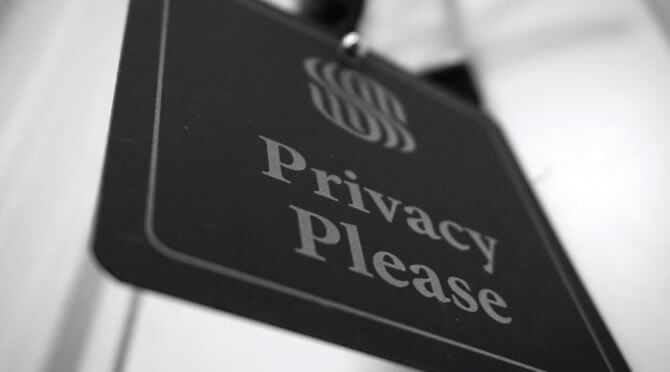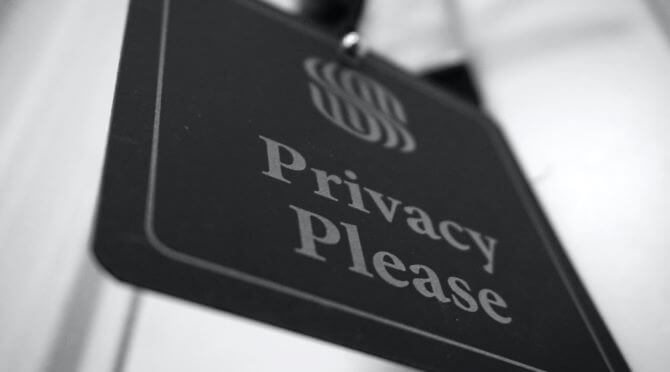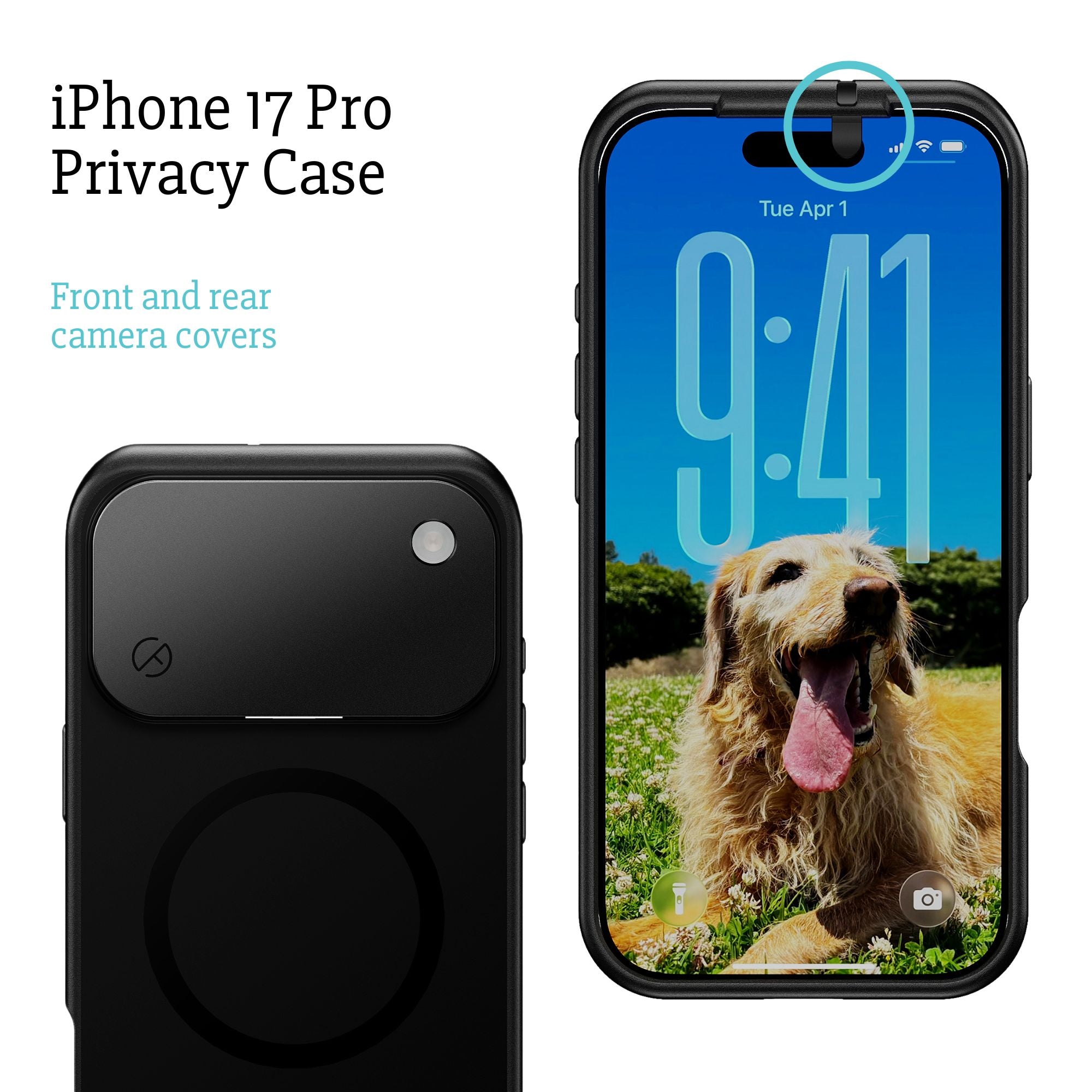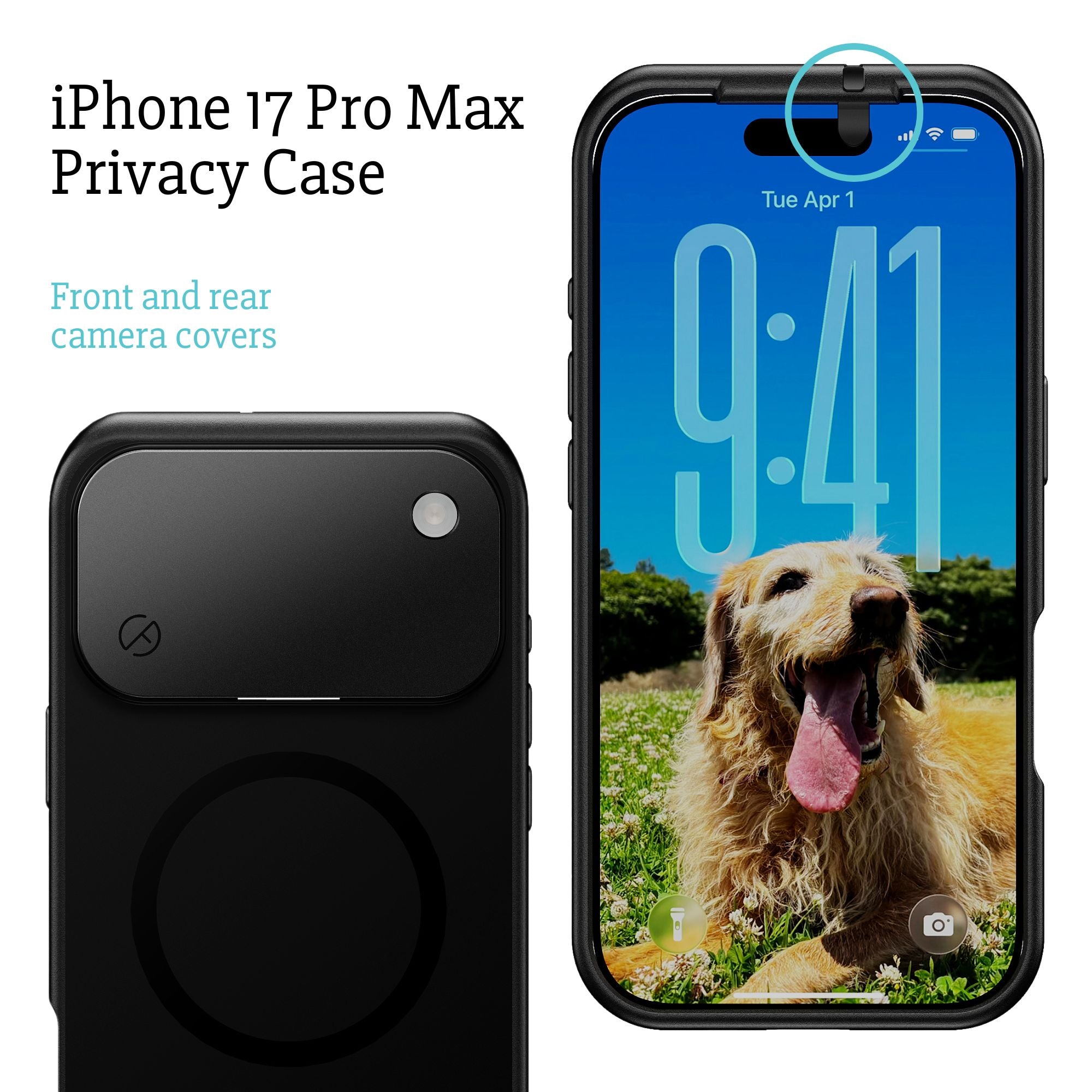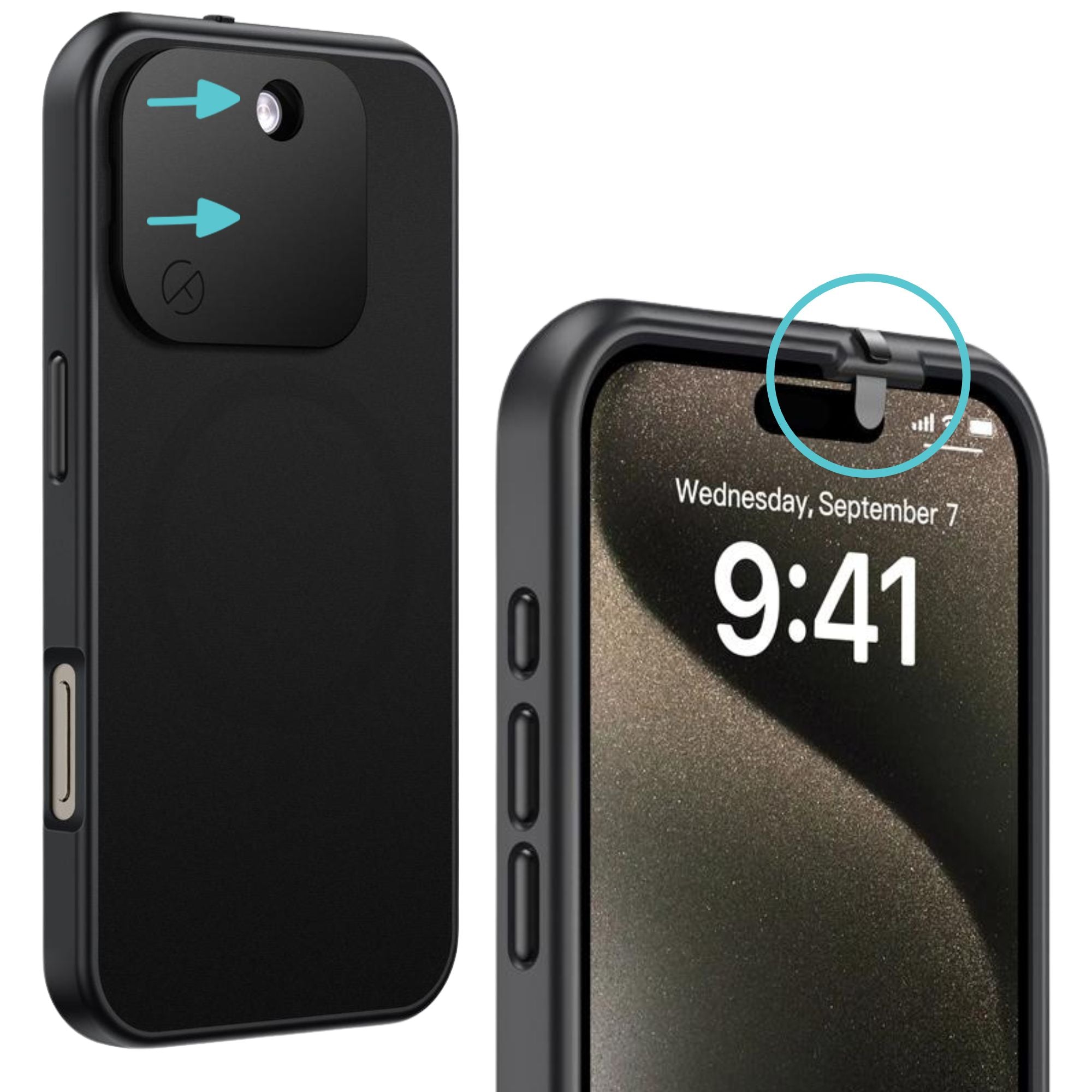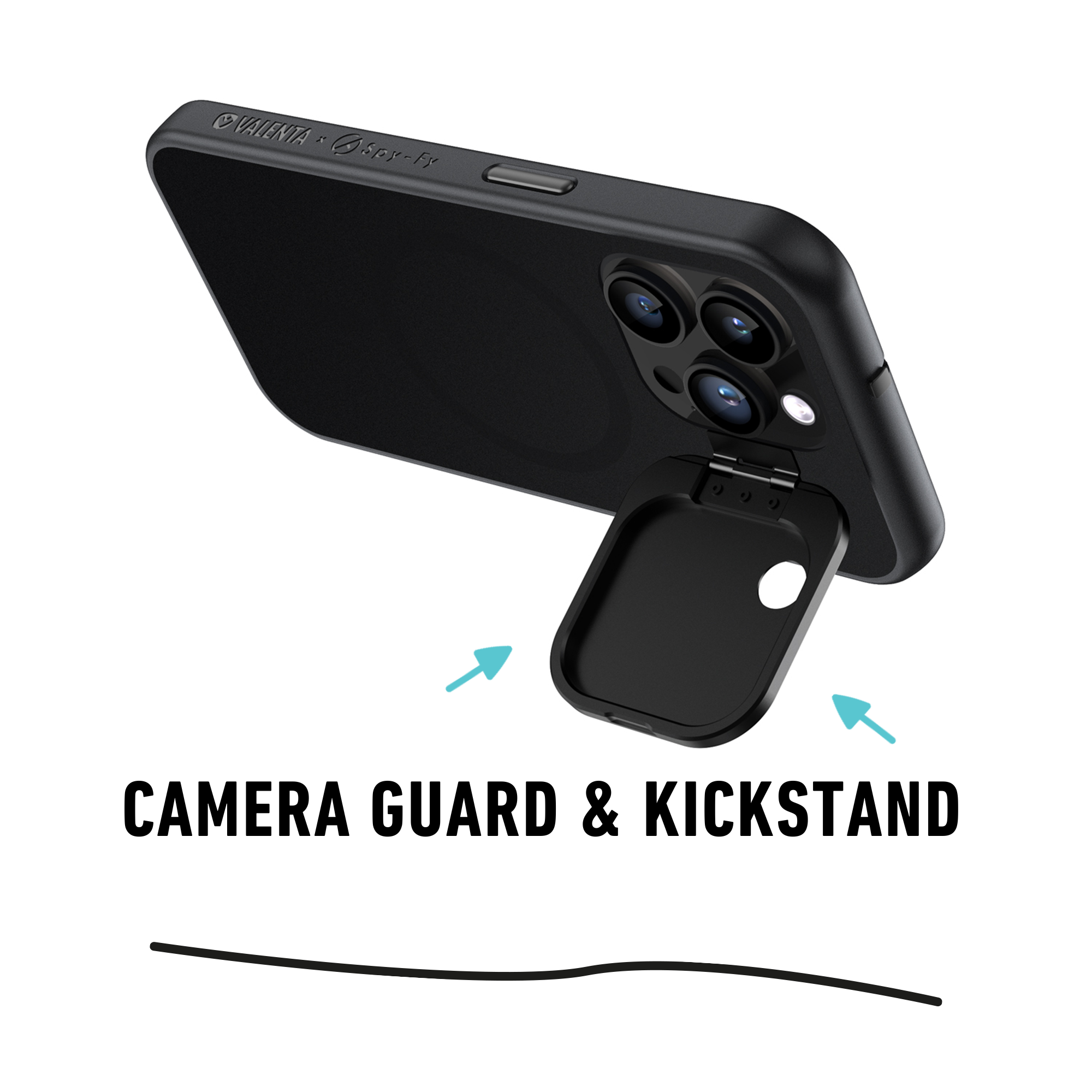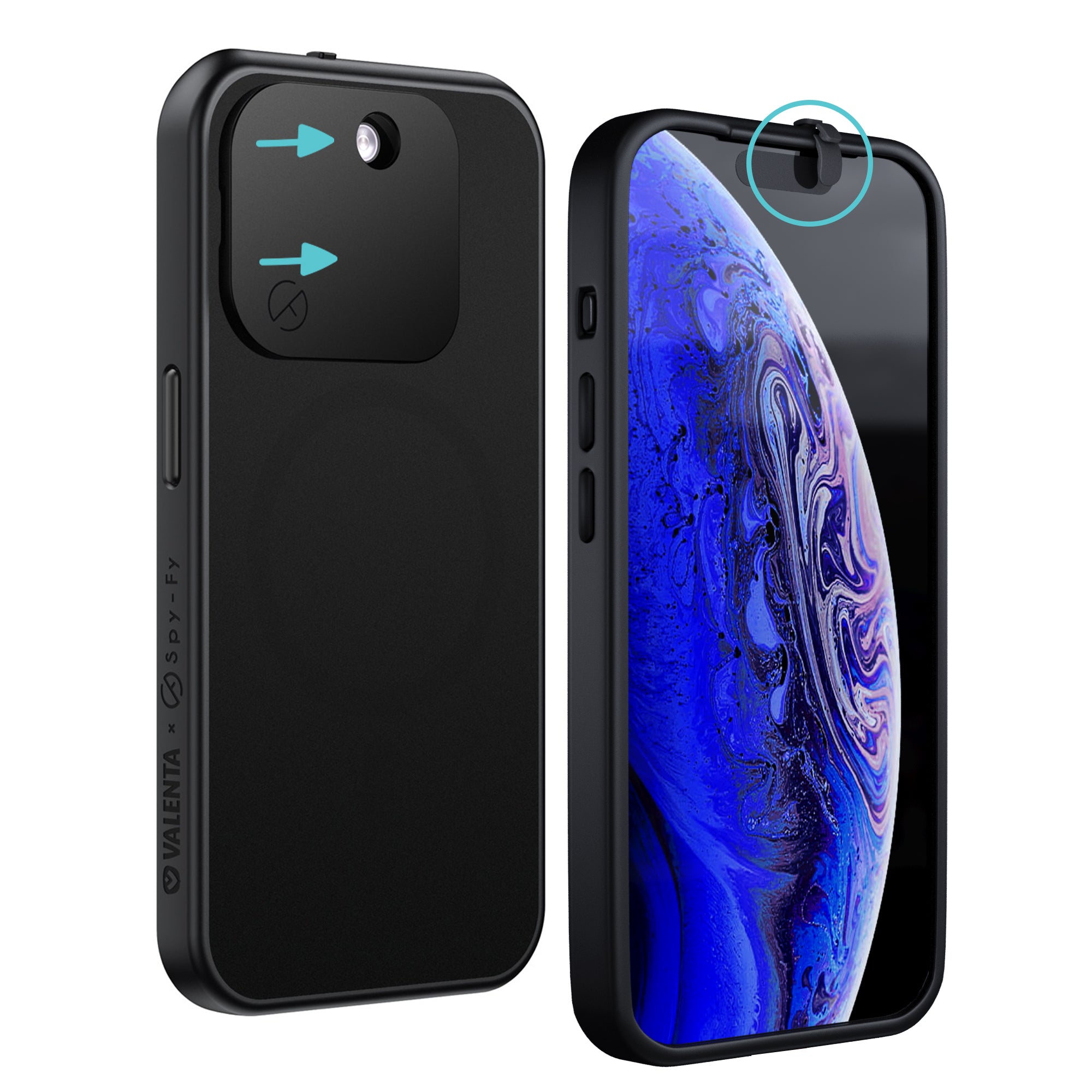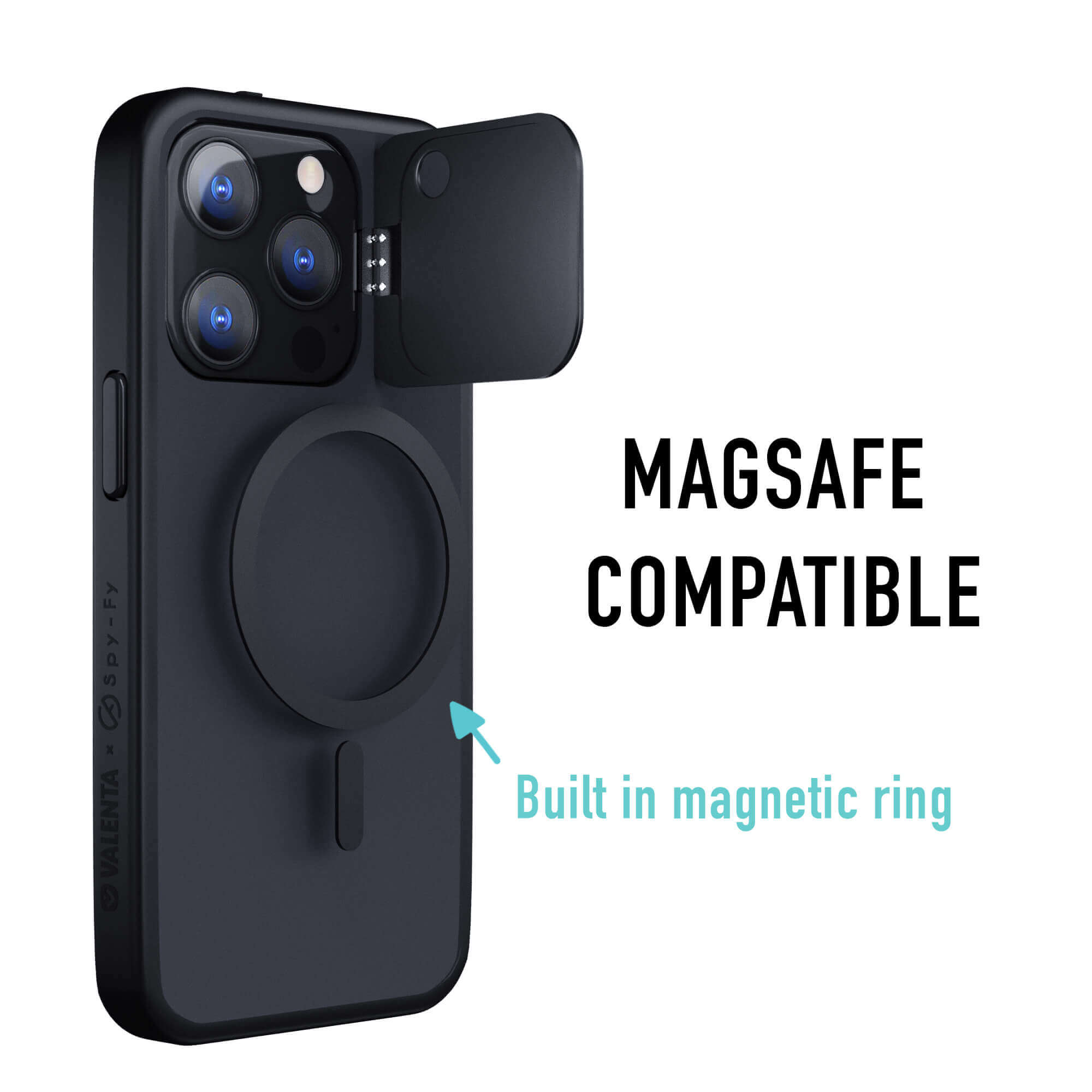In honor of the upcoming Data Privacy Day on 28 January, here are a few surprising facts and figures about data privacy in the United States.
What is Data Privacy Day?
According to the National Cyber Security Alliance (NCSA), “Millions of people are unaware of and uninformed about how their personal information is being used, collected or shared in our digital society. Data Privacy Day aims to inspire dialogue and empower individuals and companies to take action.” As you will see with the facts and figures presented below, there are apparent differences of opinion about data privacy and digital privacy. As the saying goes, information is power. Taking a moment to educate yourself and others about data privacy can help empower you to take control back of your data privacy.
When asked about digital privacy, the majority preferred not to answer, while others believe it is a myth.
A survey conducted by the Pew Research Center in 2019 revealed that the majority of respondents (31%) preferred not to answer the question: “what does digital privacy mean to you?”. Alternatively, 9% of respondents answered that privacy is non-existent or a myth. These opinions bring relevance to the purpose of Data Privacy Day,
Description:
There were 4,272 adult respondents from the United States who took part in an online panel during June 2019. This was an opinion survey focused on digital privacy. Subjects were asked “What does digital privacy mean to you?”.
Source:
Pew Research Center. “Americans and Privacy: Concerned, Confused and Feeling Lack of Control Over Their Personal Information.” Statista, Pew Research Center, November 2019, https://www.statista.com/statistics/1084640/digital-privacy-meaning-usa/.
Identity theft & fraud and stolen passwords are the most concerning data privacy issues for smartphone users.

In 2019, the University of Southern California surveyed smartphone owners.
72% of smartphone users believed that identity theft and fraud was their number one data privacy concern, while 64% had stolen passwords as their top data privacy concern.
Description:
There were 1,002 adult, U.S. respondents. This survey posed the question: “If you have concerns about privacy, what are they?”. The research was conducted in March – April 2019.
Source:
University of Southern California (USCDornsife), “Consumers & Data Privacy Perceptions 2019.” Statista, Factual, August 2019, https://www.statista.com/statistics/248488/frequency-with-which-us-internet-users-worry-about-online-privacy/.
The most critical corporate data privacy practice is communicating breaches.
In this survey, respondents rated specific corporate data privacy practices on their importance to the privacy of individuals. 66% of respondents rated corporate communication about data breaches as the most important; the ability for individuals to opt-out of their data being sold to third parties was rated as the second most important data privacy practice for companies.
Description:
There were 1,004 adults from the U.S. who took part in this survey conducted by MediaPro in April 2019.
Source:
MediaPro, “ 2019 Eye on Privacy Report.” Statista, MediaPro, April 2019, https://www.statista.com/statistics/1050306/us-opinion-on-corporate-data-privacy-practices/.
The majority of consumers believe that a brand’s data privacy policies are important.
According to the 2019 US Mobile Consumer Report, 64% of survey respondents indicated that a brand’s data privacy policies are very important. Furthermore, some respondents (46%) indicated that they were less likely to make purchases on their phones due to concerns that their data would be stolen.
Description:
1,000 U.S. adult smartphone users, aged 21 – 74 years old took part in this May 2019 survey by Vibes.
Source:
Vibes, “2019 US Mobile Consumer Report”, Statista, Vibes, July 2019, https://www.statista.com/statistics/308707/company-transparency-regarding-consumer-data-usage/.
Opinions differ over what is and isn’t acceptable uses of personal data when it comes to solving crime.

A 2019 survey by the Pew Research Center focused on which uses of personal data were considered acceptable by consumers.
ACCEPTABLE: sharing DNA data to help solve crime.
48% of respondents felt that data sharing meant to help law enforcement solve crimes by DNA testing companies was acceptable, 33% felt that this was not acceptable, while 18% were unsure.
NOT ACCEPTABLE: sharing audio recordings from smart speakers to help solve crime.
49% of respondents felt that it was not acceptable for smart speaker makers to share audio recordings from smart speakers with law enforcement to aid criminal investigations.
Description:
4,272 U.S. adults responded to a survey focused on which uses of personal data were acceptable to consumers.
Source:
Pew Research Center, “Americans and Privacy: Concerned, Confused and Feeling a Lack of Control Over Their Personal Information.” Statista, Pew Research Center, November 2019, https://www.statista.com/statistics/1084390/acceptable-uses-of-data-or-personal-info-usa/.
Identity theft is the most common type of global data breach
A 2018 report found that of 1,765 reported global data breaches, 65% were cases of identity theft. Account access (17%) and financial access (13%) are the next most frequent types of global data breaches.
Description:
A report published on Statista from October 2018 sorted the types of data breach incidents from 1,765 reported data breaches.
Source:
J. Clement, “Share of global data breaches H1 2018, by type.” Statista, October 2018, https://www.statista.com/statistics/329593/frequency-share-incident-classifiaction-patterns/.
What can we learn from this?
- This is a complex topic, and, understandably, consumers have various opinions on this.
- Some people may not know what digital privacy means to them. That is why spreading privacy awareness is relevant, to help empower individuals to make informed choices.
- Americans have real, valid concerns about data privacy issues such as identity theft or stolen passwords. These are privacy problems that can be solved. Better privacy practices, such as creating stronger passwords or using 2-factor authentication, can help!
- Consumers care about a brand’s data privacy practices. Brands that value their consumers should pay attention to this so they can meet the needs of their consumers.
- Don’t keep data breaches a secret. Consumers indicated they preferred companies to communicate data breaches. Honesty may be the best (privacy) policy.
- There isn’t always a clear answer when it comes to acceptable uses of data. Consider the acceptable uses of data when it comes to aiding criminal investigations. This is a clear example of topics that warrant further research.
